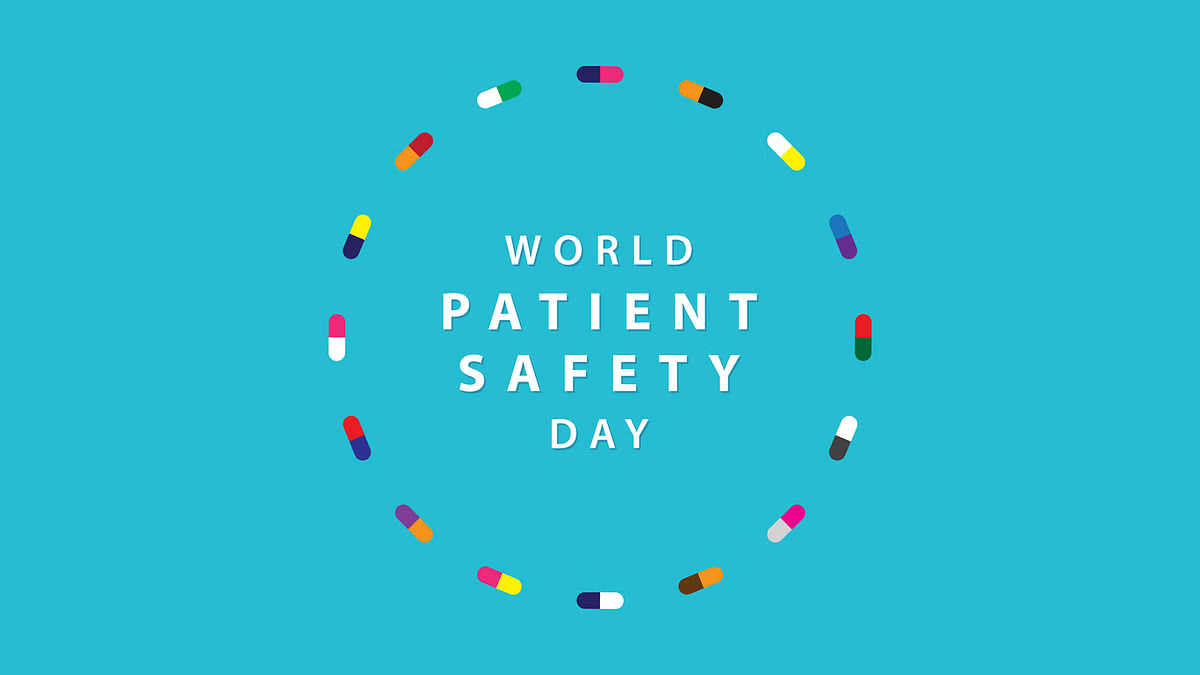On September 17, 2024, the world observed World Patient Safety Day, an annual event dedicated to raising awareness about patient safety and promoting collaboration among healthcare stakeholders. This year’s theme, “Improving diagnosis for patient safety”, accompanied by the slogan “Get it right, make it safe!”, underscores the critical importance of accurate and timely diagnoses in ensuring patient safety and enhancing health outcomes.
The Significance of World Patient Safety Day
World Patient Safety Day serves as a global platform to:
- Increase public awareness about patient safety issues
- Foster collaboration between patients, healthcare professionals, policymakers, and healthcare leaders
- Promote initiatives aimed at improving patient safety across healthcare systems worldwide
Understanding Diagnosis and Diagnostic Errors
What is a Diagnosis?
A diagnosis is a crucial component of healthcare that:
- Identifies a patient’s health problem
- Serves as the key to accessing appropriate care and treatment
Defining Diagnostic Errors
A diagnostic error occurs when there is a failure to establish a correct and timely explanation of a patient’s health problem. This can manifest in several ways:
- Delayed diagnosis: The correct diagnosis is made, but after a significant and avoidable delay
- Incorrect diagnosis: A diagnosis is made, but it is wrong
- Missed diagnosis: No diagnosis is made, despite available information that could lead to a diagnosis
- Communication failure: The correct diagnosis is made but not effectively communicated to the patient
Factors Affecting Diagnostic Safety
Improving diagnostic safety requires addressing two main categories of factors:
1. Systems-Based Issues
These are organizational vulnerabilities that can predispose healthcare systems to diagnostic errors:
- Communication failures: Between healthcare workers or between healthcare workers and patients
- Heavy workloads: Excessive patient loads or time constraints that may lead to rushed diagnoses
- Ineffective teamwork: Lack of collaboration or poor information sharing among healthcare professionals
2. Cognitive Factors
These relate to the individual healthcare provider’s mental processes and capabilities:
- Clinical training and experience: The level of knowledge and practical skills possessed by healthcare professionals
- Cognitive biases: Preconceived notions or mental shortcuts that can lead to errors in judgment
- Fatigue and stress: Physical and mental exhaustion that can impair decision-making abilities
Strategies for Improving Diagnostic Safety
To address these challenges, a multifaceted approach is necessary:
Strengthening Healthcare Systems
- Implementing robust quality assurance processes
- Enhancing communication protocols within healthcare facilities
- Optimizing workload distribution among healthcare professionals
Designing Safe Diagnostic Pathways
- Developing standardized diagnostic procedures for common conditions
- Incorporating decision support tools and technologies
- Establishing clear protocols for escalating complex cases
Supporting Healthcare Workers
- Providing ongoing education and training in diagnostic techniques
- Promoting a culture of open communication and learning from errors
- Implementing strategies to manage stress and prevent burnout
Engaging Patients Throughout the Diagnostic Process
- Encouraging patients to actively participate in their healthcare decisions
- Providing clear, accessible information about diagnostic procedures and outcomes
- Establishing mechanisms for patients to report concerns or discrepancies in their diagnoses
The Role of the World Health Organization (WHO)
The WHO is committed to prioritizing diagnostic safety on a global scale. Their efforts include:
- Collaborating with various stakeholders to develop and implement patient safety initiatives
- Providing guidance and resources for healthcare systems to improve their diagnostic processes
- Supporting research into best practices for enhancing diagnostic accuracy and timeliness
- Promoting policies that prioritize patient safety in healthcare settings worldwide




 National Science Day 2026: Honouring the...
National Science Day 2026: Honouring the...
 World NGO Day 2026: Why February 27 Matt...
World NGO Day 2026: Why February 27 Matt...
 International Polar Bear Day 2026: Why P...
International Polar Bear Day 2026: Why P...








